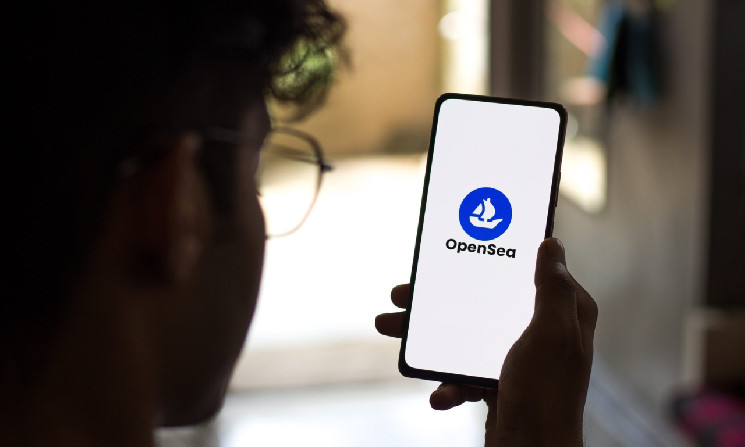The nonfungible token (NFT) market place OpenSea is making a conscious effort to modify its policy so that it incorporates additional safeguards against stolen goods because asset theft continues to be one of the top problems in the NFT ecosystem.
The company stated in a statement that its protocols were developed in accordance with US law, which forbids willfully permitting the sale of stolen goods. The marketplace acknowledged, however, that in certain instances, consumers who inadvertently purchased stolen goods were punished despite their innocence.
The marketplace has changed its strategy to increase the usage of police reports as a result of this and the input from the NFT community.
“In some cases, the purchaser who unknowingly bought a stolen item (at no fault of their own) was inadvertently penalized. This is one of the most difficult issues we face. Please believe we take it seriously & we’ve been actively listening to your feedback on how to tackle it”
In the past, escalating disagreements on the site used police reports. They will be used to verify all reports of stolen items on the NFT platform as a result of the new update.
What Changes Has OpenSea Made?
To prevent false reports, the site will let the reported item be bought and sold again if a police complaint is not received within seven days. In response, the business has worked to make it simpler to reactivate the purchasing and selling functionalities if the stolen goods are found.
“Based on your input, we’ve already made the call to adjust elements of how we implement our policy. 1st, we’re expanding the ways we use police reports: we’ve always used them for escalated disputes, but they’ll now be used to confirm all theft reports.”
The NFT platform also made clear that it is looking for more ways to address the fundamental causes of NFT theft. The corporation is attempting to automate threat and theft detection of the release claims.
“2nd, we’re making it easier for users who reported an item stolen to re-enable buying and selling when they recover the item OR determine they should withdraw their stolen item report. For example, we’re finalizing details on a simplified process that doesn’t require a notary.”
To shield its consumers from NFT scams, the NFT platform enabled further security safeguards in June. The feature hides automatically identified NFT transfers that are questionable.
 chaintimes.com
chaintimes.com
